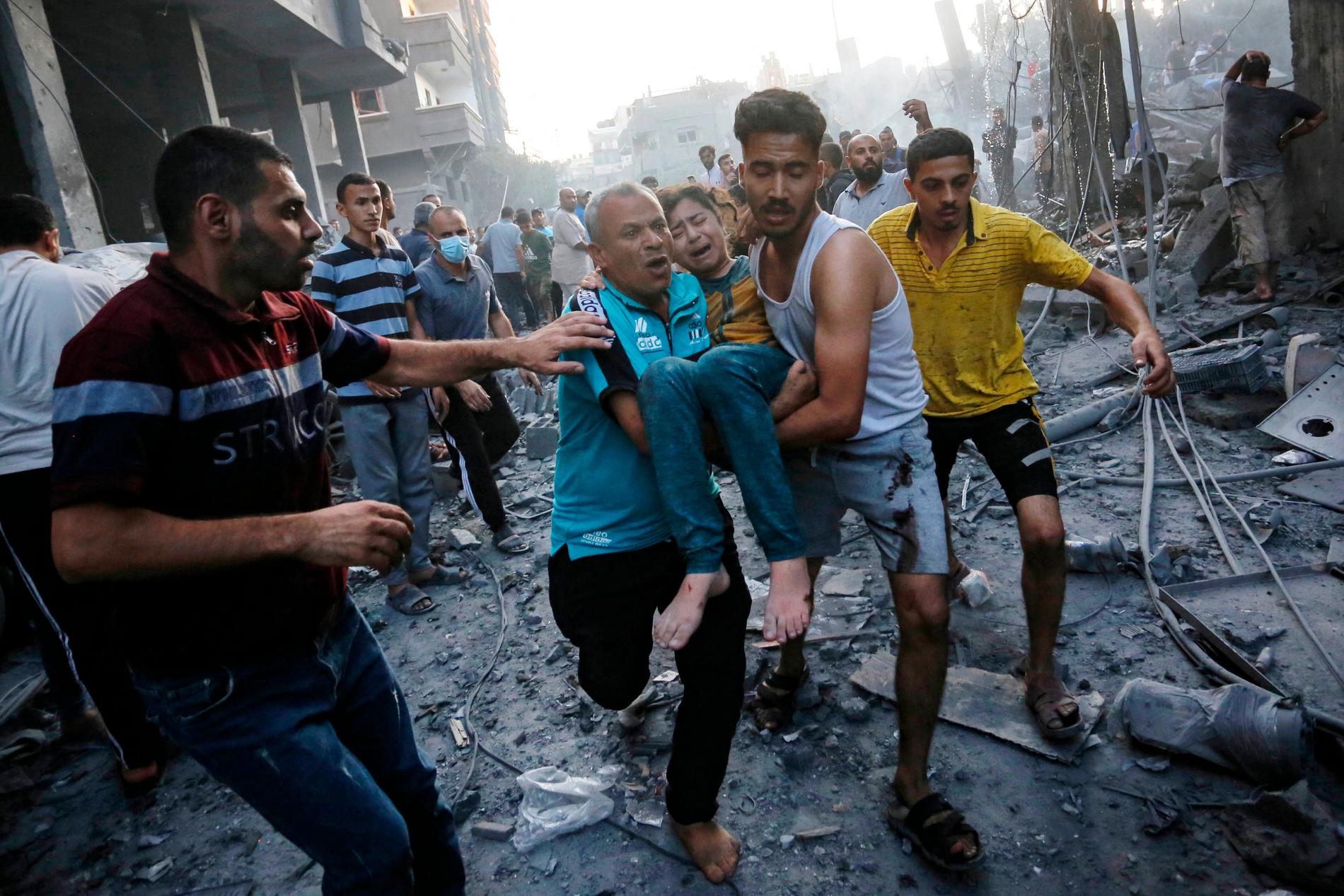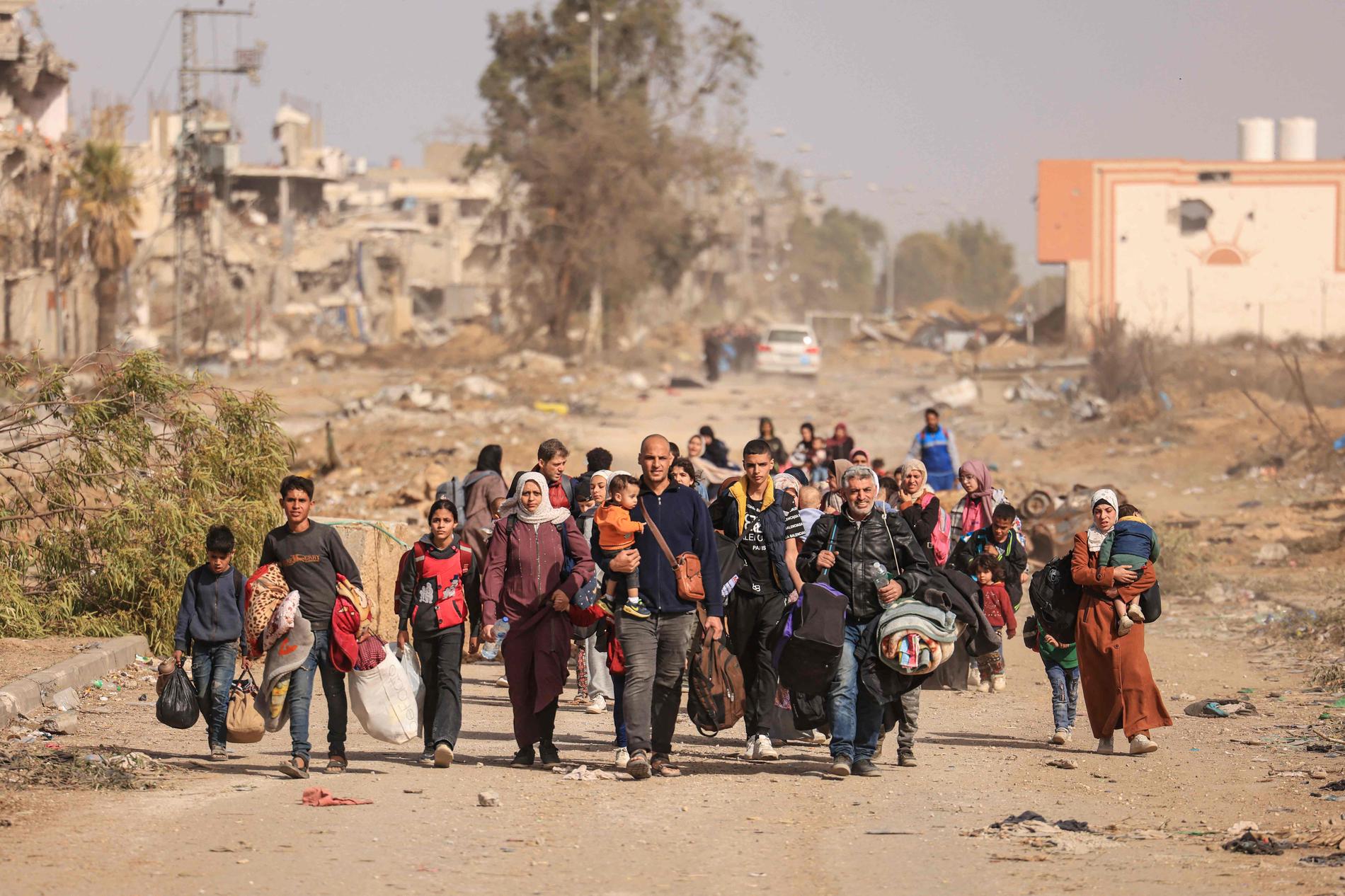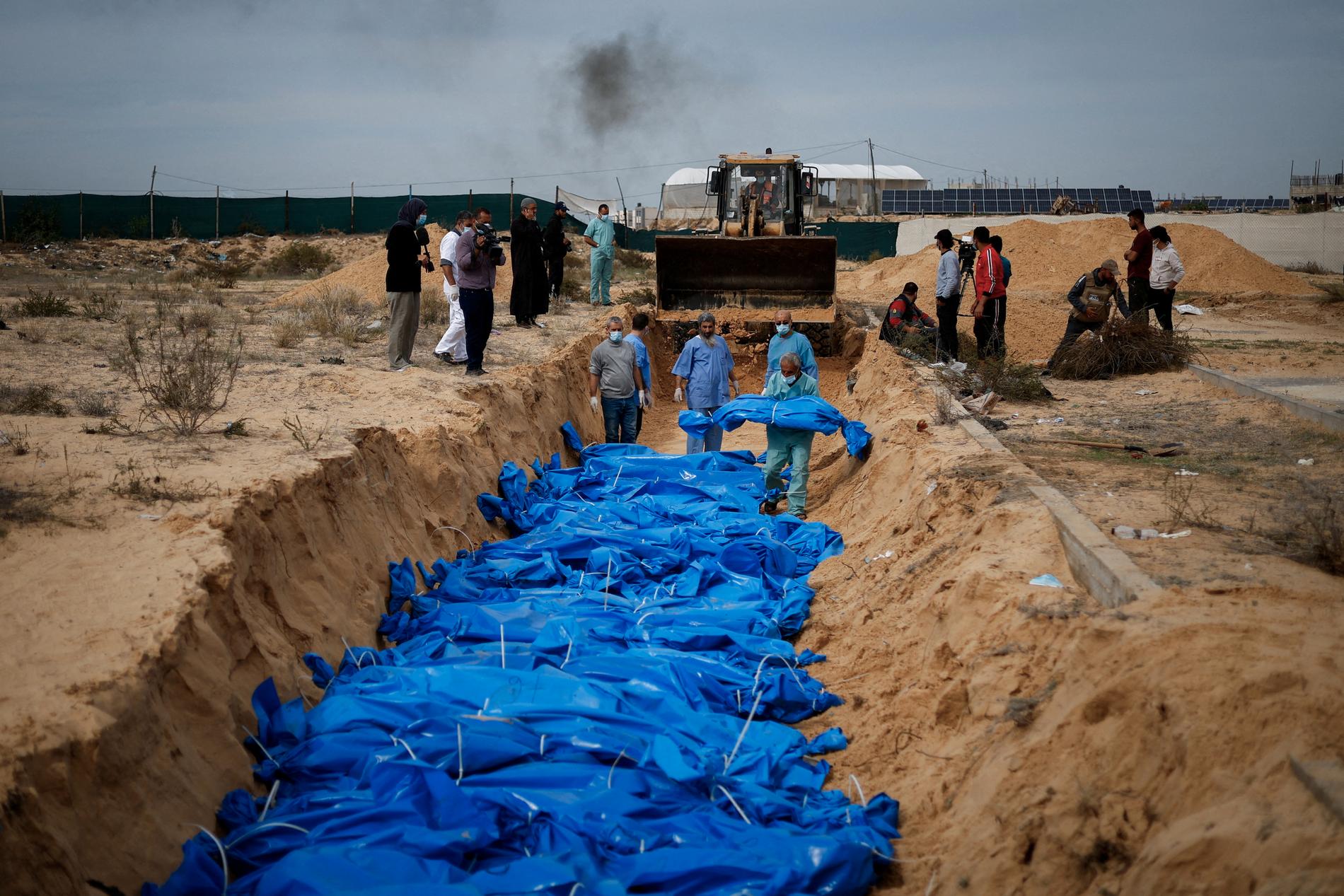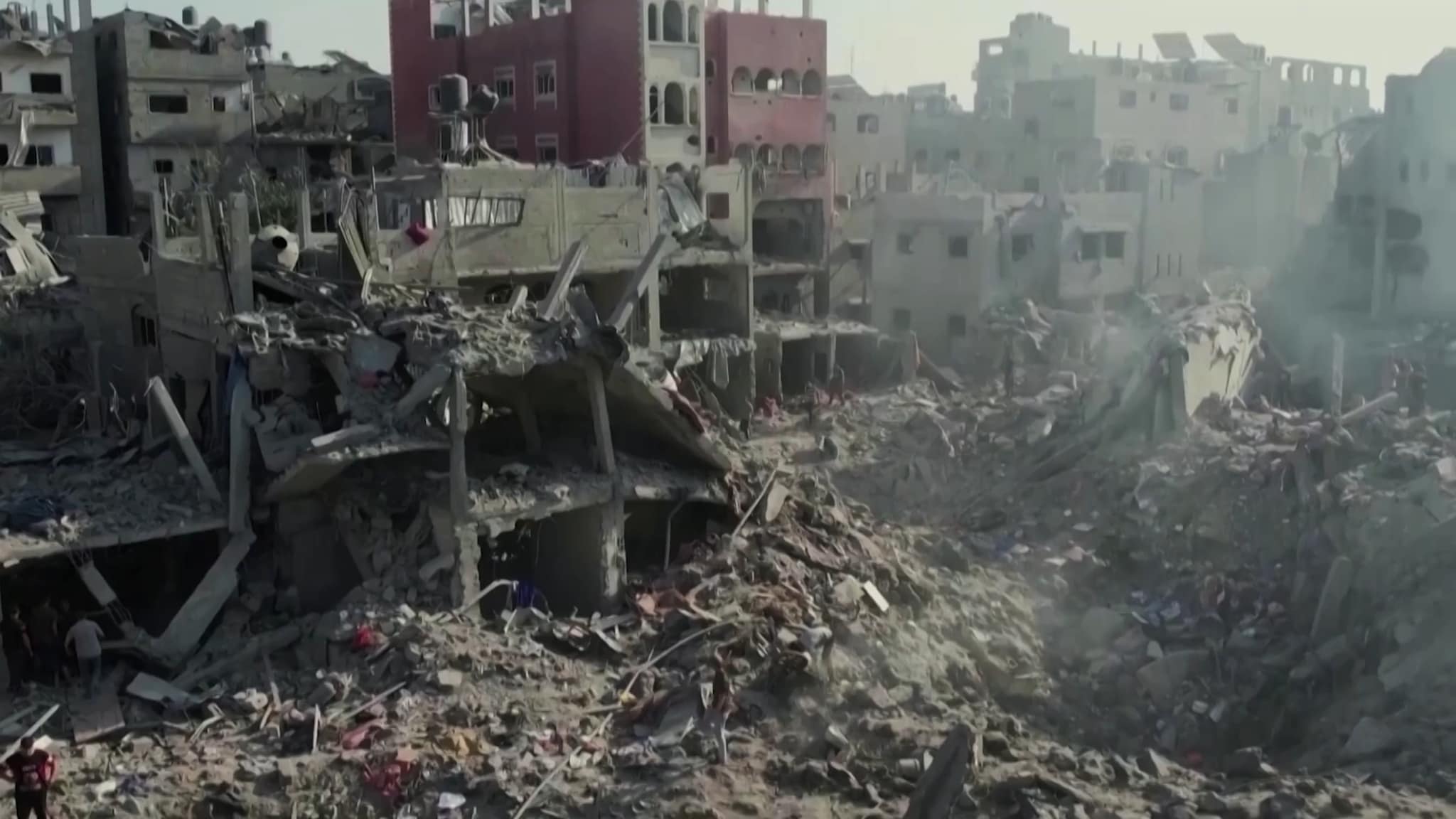If the judges in The Hague consider the case, the damage has already been done to Israel, believes international law expert Cecily Hellstveit.
- The International Criminal Court begins its sessions on Thursday, accusing Israel of committing genocide against Palestinians in Gaza.
- South Africa filed the accusation at Christmas, and Israel is coming to The Hague to oppose the “defamation.”
- International law expert Cecily Hellstveit believes that if the case is raised after the hearing, the damage has already been done to Israel, and this will be a major victory for the Palestinians.
- The issue could have significant practical political and security consequences for Israel, affecting arms imports and bilateral agreements.
Today, Thursday, the International Criminal Court begins hearings in the case in which Israel is accused of committing genocide against Palestinians in Gaza. The two-day open hearing will be held in The Hague.
Israel said it would meet in The Hague to oppose what it calls “defamation.” It was South Africa that submitted the accusation to The Hague at Christmas.
South Africans are also asking the UN court to order a cessation of hostilities.
Lawyer and international law expert, Cecilie Hellesvet, says the case could have serious consequences for Israel long before a possible ruling is issued.
Because if the case is filed, the damage has already been done to Israel, she believes.
– It will be a major victory for the Palestinians. It could have significant practical political and security consequences for Israel regarding arms imports and bilateral agreements. Western countries would also refuse to sell or give weapons to Israel if the weapons were used in what the International Court of Justice considers possible genocide, international law expert Hilstveit believes.

Criminal case bordering on Israel
The accusation issued by South Africa stated: “Since October 7, Israel has failed to prevent GenocideGenocideWhat determines whether something constitutes genocide is the motivation behind the prohibited acts. The measures must aim to destroy, in whole or in part, a national, ethnic, racial or religious group of people. Source: NTB/Lawyer Cecily Hellestvedt It failed to prosecute direct and public incitement to genocide.”
Hellesvet says that if the case is admitted to substantive proceedings after the relevant hearing, the court could order Israel to take certain measures to prevent genocide while the case is ongoing.
Hellesvet says that if these measures are implemented, they will “besiege” and limit Israel's war militarily and rhetorically.
It says it can, for example, stop certain types of attacks.
– It could also be a demand for better access to humanitarian aid, such as access to food and medicine, and an end to attacks on hospitals. This may be a restriction on what public officials and representatives of Israel are allowed to say. Israel may have to tighten up the options being discussed as potential war targets. In addition, Israel may be required to regularly report to the court on what it is doing to protect the civilian population in Gaza, Hellesvet explains to VG.

Escalate before listening
The lawyer believes that Israel is aware of the restrictions that may be imposed on them, and believes that the recent escalation in… Khan Younes It can be seen in the light of the Hague case.
After that, Israel may risk being pressured by the court to modify its military use of force in Gaza, says an international law expert.
Hellesvet explains that if Israel does not follow any court orders, it will have a negative impact on Israel in the ongoing legal proceedings.
If Israel does not comply with orders to protect the civilian population, the Court will interpret this as part of the question of Israel's right to protect the civilian population. very With actions. The lawyer believes this increases the risk of Israel being found guilty of genocide.

Why did South Africa complain to Israel specifically? VG Hellestveit wonders.
– South Africa ended its presidency of the BRICS by handing over this accusation. They have undertaken a task that the other members – Brazil, Russia, India and China – may appreciate very highly. In addition, BRICS gained new members at the turn of the year: Egypt, Ethiopia, Iran, Saudi Arabia, and the United Arab Emirates, who might also appreciate it. In this sense, this was a gesture to the Palestinians, but also a gesture to the other BRICS countries.
– When will there be a ruling?
Objective treatment of the condition will likely take several years. But the key now is whether the issue has been addressed or not, and we will likely get that answer within weeks. A trained ear will probably have a good idea where this leads after a couple of days, Hellstveit says.

– Will this be able to stop the war?
Stopping the war in itself is not something the court requires of Israel, because the complaint is not related to war, but rather to selected methods of war, as the international law expert explains to VG.
But if, after this week's proceedings in The Hague, it is decided to deal with the issue on an objective basis, the war may affect civilians less, Hellsveit believes.
– Israel will be pressured to pay greater attention to civilian lives, access to hospitals, food, water, and medicine, to show that Israel has no intention of exterminating Palestinians. They may be pressured to reduce civilian casualties and facilitate the arrival of more humanitarian aid. This would likely protect Palestinian civilians more, but expose Israeli soldiers to greater danger.
– Do you think there will be a conviction in this case?
– I think it will take a lot for Israel to get a conviction for genocide. But that's not the point! Here comes the importance of the operation, which aims to provide some tools to pressure Israel to change its way of operating in Gaza, as international law expert Hilstveit explains.

“Organizer. Social media geek. General communicator. Bacon scholar. Proud pop culture trailblazer.”

